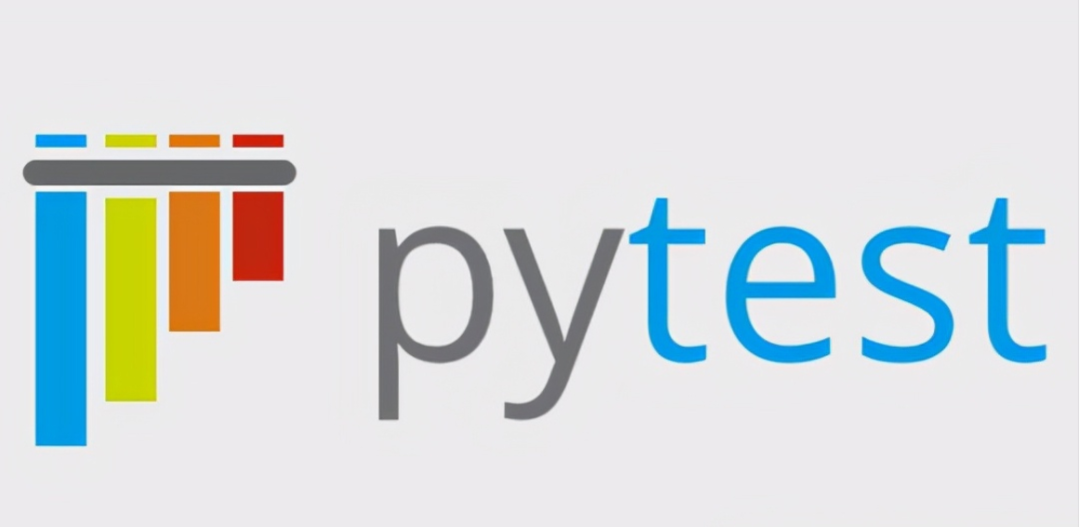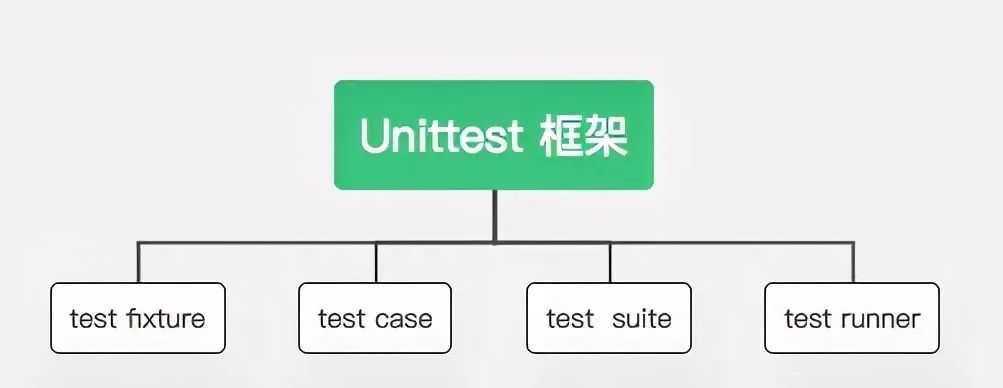Skip to content
 When learning automation, some students may struggle with whether to learn the Pytest or Unittest framework. Of course, some people learn both, but sometimes they don’t master either and only know how to use them without understanding the differences between the two frameworks.
In short, to perform automated testing effectively, it is necessary to understand the differences between different frameworks.
When learning automation, some students may struggle with whether to learn the Pytest or Unittest framework. Of course, some people learn both, but sometimes they don’t master either and only know how to use them without understanding the differences between the two frameworks.
In short, to perform automated testing effectively, it is necessary to understand the differences between different frameworks.

(1)Pytest adopts a more concise and flexible syntax style, using the “assert” statement for assertions.
(2)Pytest can automatically discover and execute functions starting with “test_” or test methods in classes starting with “Test”.
(3)Pytest supports using decorators to implement parameterized tests, allowing the same test case to run multiple times with different parameters.
(4)Pytest has a rich plugin ecosystem, which can extend and customize the testing process through plugins.
(1)Pytest‘s syntax style is relatively concise, easy to learn, and test case writing is more straightforward and intuitive.
(2)Pytest has more powerful assertion capabilities and a rich plugin system, providing more options for extension and customization.
Despite the above conveniences, creating custom HTML reports in Robot Framework is relatively cumbersome, and using data-driven testing can also be quite tedious.

(1)Unittest uses more traditional assertion methods like “assertEqual”.
(2)Unittest requires inheriting from the `unittest.TestCase` class and using specific naming conventions.
(3)It requires using the “@unittest.TestCase.subTest” decorator to achieve similar functionality.
(4)There are relatively fewer plugins available for Unittest.
Unittest is part of the standard library in Python, so no additional installation is required. For some simple testing scenarios, using Unittest may be more convenient.
(1)The syntax of Unittest is relatively traditional and cumbersome, requiring more code to write test cases.
(2)The plugin system for Unittest is relatively limited, making its extension and customization capabilities weaker.
In summary, Pytest is more concise and flexible when writing and running test cases, with stronger assertion capabilities and a rich plugin system, making it suitable for complex and advanced testing scenarios.
On the other hand, Unittest is part of Python’s standard library, making it more convenient for simpler testing scenarios. The choice of which framework to use depends on project requirements, personal preferences, and team agreements.











